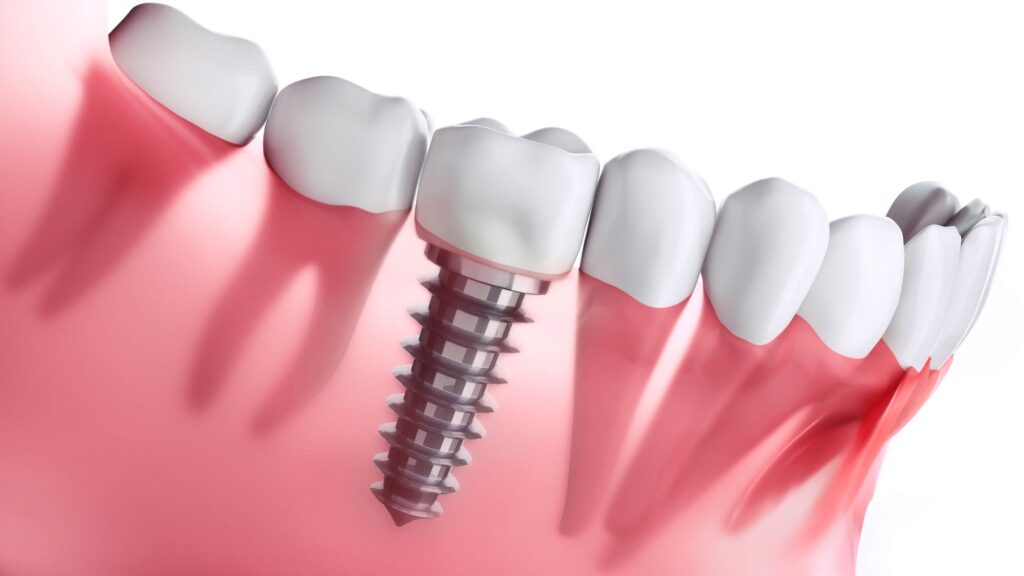
Have you lost a tooth due to infection or decay? You’re one of millions. By age 50, the average American has already lost 12 teeth.
This serious dental issue is not only uncomfortable, but it’s also embarrassing. To solve this issue, you’re likely considering dental implants vs bridges. Both of these options will fill your missing tooth gap and make you feel like smiling again.
Not sure what each option means for you and your dental health? We’ve got you covered. Read on to learn everything you need to know about bridges and implants.
Dental Implants: The Pros and Cons
So, what exactly are dental implants? When you’ve lost a tooth, dental implants are the closest alternative to a natural tooth you can get.
These implants work in the same way as your natural tooth roots. They’re shaped like screws, and once implanted, they’ll connect to your natural jawbone. Then, a connector will get placed onto the implant. This connector will house your artificial tooth.
Due to the nature of implants, they won’t slip or cause damage to your bone. So long as you take care of your teeth moving forward, an implant can be a permanent solution.
After the procedure, your artificial tooth will feel like your natural teeth. It will also look like your other teeth, too. Unlike dentures, you won’t need to remove your artificial tooth.
The biggest downside to implants is the cost. Affordable dental implants are possible to find if you research your options, though.
Everything You Need to Know About Bridges
What’s a dental bridge, and how does it differ from implants? A dental bridge is like an implant because it’s also a false tooth. Your artificial tooth won’t get connected to your bone, though.
Instead, your remaining natural teeth will hold up your artificial ones. First, crowns will get cemented to those teeth near the gap. Then, your dentist will mold the perfect bridge of artificial teeth.
Once that’s complete, the bridge gets placed where you’re missing teeth.
Bridges are often more affordable, but they don’t last long. They’ll need to get replaced every 5-15 years. On top of that, a bridge can cause damage to your remaining natural teeth.
What You Need to Know About Tooth Loss
Are you currently debating whether a bridge or implant is right in your situation? If you’re missing a tooth, then you should consider treatment. Here’s why it’s important:
- Tooth loss causes your jawbone to erode
- Missing teeth cause a lack of self-confidence
- Gaps increase the amount of plaque buildup
- Your teeth will start to shift
- Missing teeth can impact your ability to eat
Missing teeth aren’t only a cosmetic issue. They can start to cause further health problems if you don’t act fast.
Dental Implants VS Bridges: What Will You Choose?
As you can see, failing to correct tooth loss can be more damaging than you’d think. When it comes to dental implants vs bridges, the best option hinges on your preferences and needs.
Mull over your decision, and speak with your dentist about your options. Your future self will thank you.
Are you looking for more health-related content to help you live your best life this year? Keep browsing through our blog to see more of our latest content.
